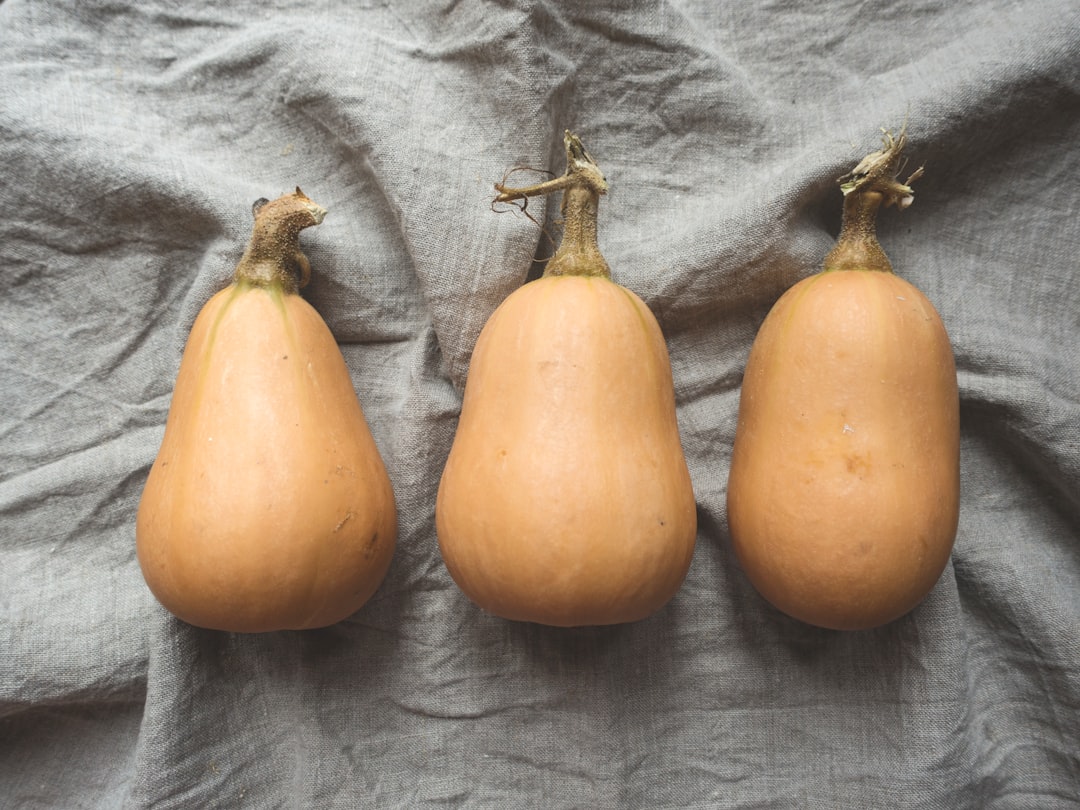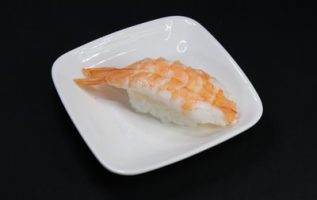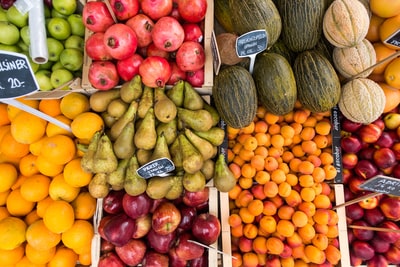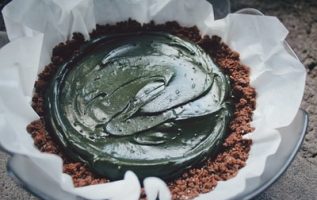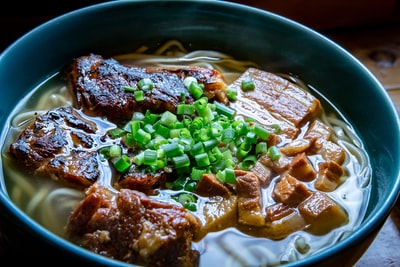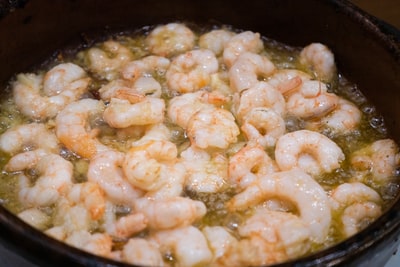Vitamins for memory are important for people of any age. Did you know that we actually begin losing some of our memory abilities in our mid twenties? Memory loss isn’t just a concern for seniors; it affects all of us. Fortunately, there are some vitamins that are great for our brains, and can help us keep a strong memory.
Memory is one of the most crucial functions that your brain performs in your daily activities. It helps you digest food, remember names and learn new words. It can even help you get up from the couch when you’re tired.
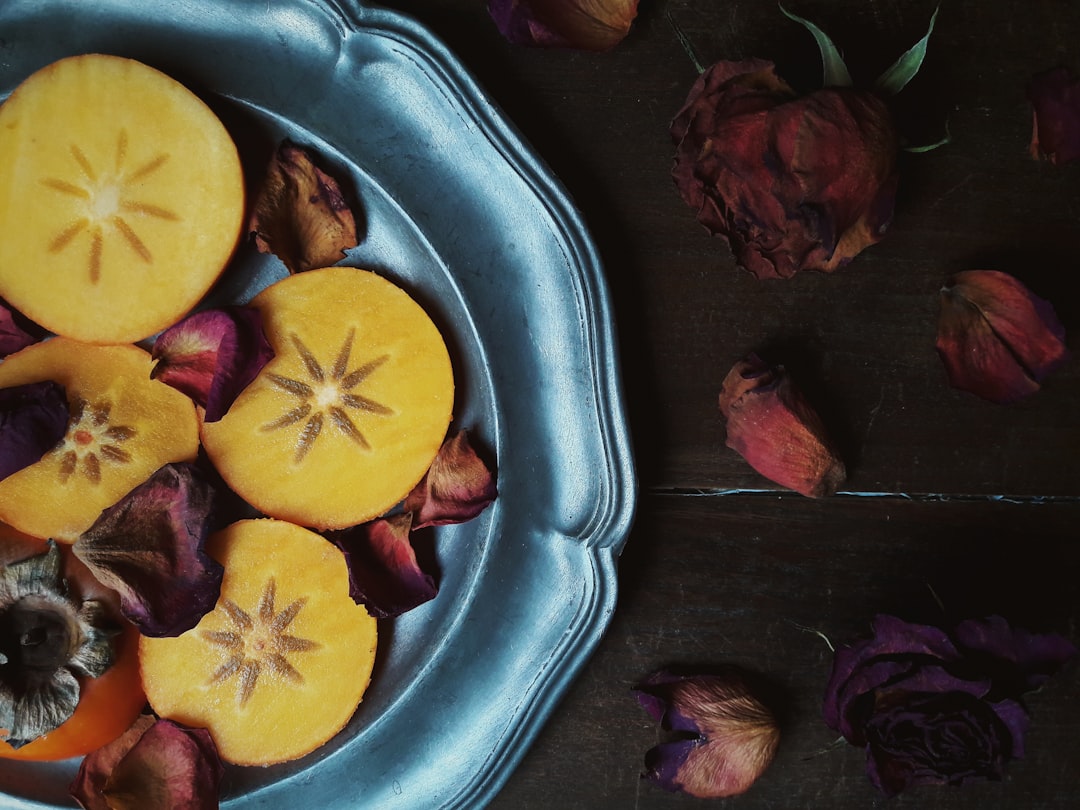
Unfortunately, memory loss happens for many reasons, including age. But there are dietary supplements that can help prevent memory loss.
In fact, they were even part of the Greek mythological stories!
The five best vitamins for memory are B complex, vitamin C, vitamin E and beta-carotene.
Let’s take a look at each of these vitamins to help you to remember what you learned in class today. First, B Complex vitamins.
Amins B is a crystalline B vitamin. It works with folic acid to turn food into energy. It’s found in a variety of foods including whole grain cereals, breads and meat.
Vitamin B2, also known as Riboflavin, is a micronutrient that helps you to produce energy from food and to absorb carbohydrates. You’ll find it in many foods including fortified grain products, milk, cheese and soy beverages.
Vitamin B3, also known as Niacin. Like riboflavin, it is also a micronutrient that helps with energy production and absorption. You can find it in foods like tuna fish, chicken, leafy green vegetables, potatoes and enriched grain products.
Vitamin B5, also known as Pantothenic acid. It’s a water-soluble vitamin. It helps to create proteins. You’ll find it in foods like liver, eggs, potatoes, cereals and milk.
Vitamin B6, also known as Pyridoxine. It’s a water-soluble vitamin that’s essential for genetic material carrying. You’ll find it in foods like liver, eggs, rice and fish.
Vitamin B12, also known as Cobalamin. Like the other B vitamins, it help to build proteins and support the metabolism of carbohydrates and fats. You’ll find it in fish, eggs, chicken, milk and meat.
Along with these vitamins, processed foods, white flour products, and alcohol have a negative impact on memory.
Here are your best sources of vitamins for memory:
O Eggs are a great source of choline. You’ll find it in the yolk of the egg as well as in the meat. You do need to be careful with the quality of eggs you buy, however. High cholesterol eggs are not as healthy as the free-range variety.
O Fish are a great source of vitamins. Many varieties are recommended, especially wild salmon, to protect your heart. You’ll get B12 from all sorts of fish, including tuna, swordfish and herring. Vitamin D is another great vitamin for protecting your body from heart disease.
O It’s important to get enough vitamin E in your diet. Foods like nuts and seeds are rich in this vitamin. You can also get extra vitamin E from breakfast cereals.
O B12 is typically found in meat. Because it’s anwater-soluble vitamin, meat will get most of the vitamin’s B12. So a healthy diet includes plenty of mushrooms, liver and eggs.
O Vitamin D is also important for your memory. This vitamin helps your body absorb Calcium. You can get vitamin D from dairy products like milk, cheese and yogurt as well as sardines, salmon and mackerel.
O Omega-3 fatty acids are very important for your brain. They also help your heart, your immune system and your joints. These fatty acids are found in salmon, sardines and cod fish.
The next time you see your memory slipping, consider how richly and abundantly you are eating. Your memory is the brain’siest tool. Feed it well!
References:
Becham A, Loew, D,bush, P, Phytipsis, H, Seidman, D. Appxia (2006). The disease of memory:From evolution to disease to wellness. academicpress.Com,haiberries. nutritivearchives. Retrieved December 8, 2009.
psychedelic de Morisola,Carol (2008). Different types of fruits and Vegetables handy for good health. Retrieved December 8, 2009.
Arded C, Solanges I, Schooler Serveldale, GL (2008). USDA high and low caloric dietary guidelines for women and men; report 200.
